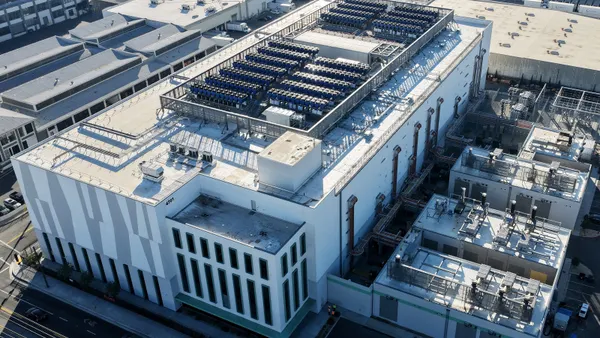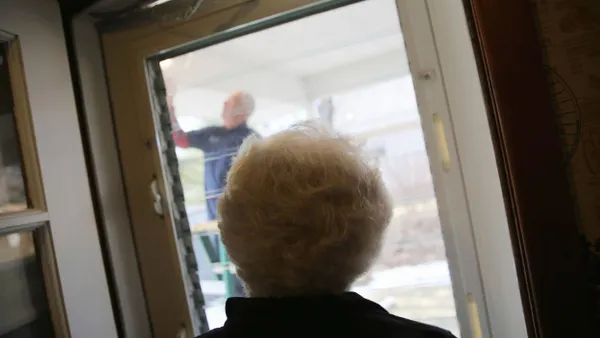Dive Brief:
- Energy prices in New England would have been 24% higher, and customers would have spent $1.5 billion more on electricity this winter without energy efficiency programs, according to a new report by the Acadia Center.
- The firm analyzed the actual demand and pricing from January to March of last year and then compared those figures to a scenario where efficiency savings were assumed to not exist.
- Investments in energy efficiency made since 2000 have lowered New England peak demand by more than 2 GW, the group said.
Dive Insight:
Energy efficiency is saving New England consumers billions of dollars, according to a new report by Acadia Center. The group notes that efficiency measures put in place during the last 15 years have slashed peak demand and during the last winter cut overall demand by 14%.
"This relief during the winter of 2014 complements savings that electric efficiency programs deliver over the entire year, and reinforces the logic of investing in electric efficiency as the 'first fuel' to meet the region’s energy needs and reduce the risk of fuel price volatility," the firm said in the report.
The analysis also points out that saving electricity through weatherization, efficiency appliance incentives and LED lighting, costs approximately 4 cents/kWh or about 25% of the average regional wholesale price last winter. Compared to the full retail price consumers pay, which has reached 30 cents/kWh in Massachusetts recently, Acadia Center said "efficiency savings are even more cost effective."
The report calls for Massachusetts and Rhode Island to continue boosting programs to procure all cost-effective efficiency, and said other states in the region should "establish policy frameworks to invest in all energy savings that are cost-effective."
Acadia also recommended that existing energy efficiency programs should target their savings during periods when they would provide the most value.














